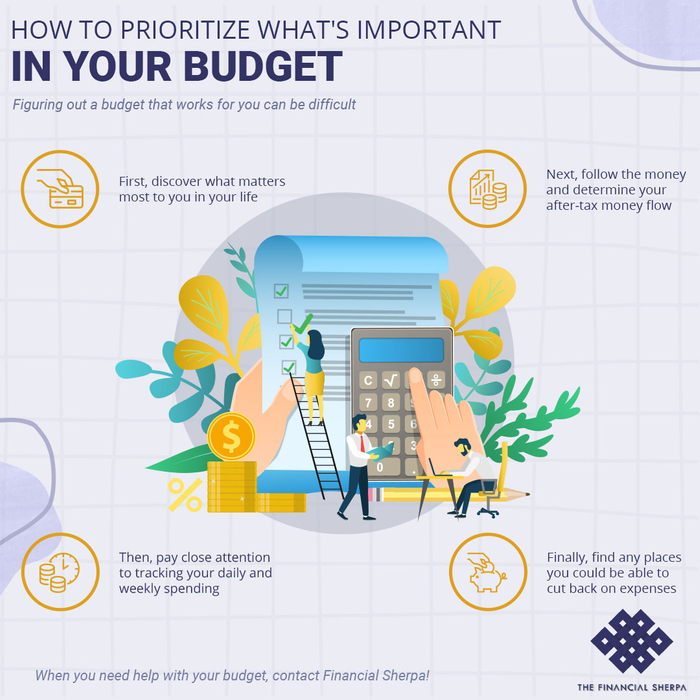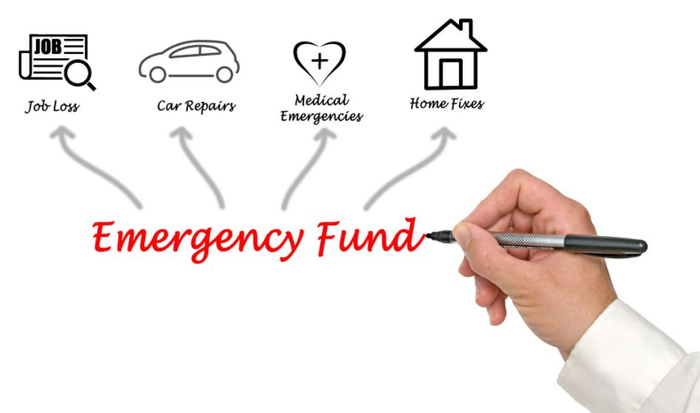Financial stress is a common issue that affects millions of people worldwide. It can arise from various sources, such as job loss, unexpected expenses, debt, or even everyday budgeting challenges. However, regaining control over your finances is possible with the right strategies and mindset. This blog will provide you with general concepts to help you tackle financial stress and regain control of your financial life.

Tackling Financial Stress: A Guide to Regaining Control
Sophie Helenek, CDFA, CDC
Understanding Financial Stress

Financial stress occurs when you worry about your financial situation. It can manifest as anxiety, sleeplessness, and even physical health problems. Recognizing the signs of financial stress is the first step toward addressing it. These signs include:
- Constantly worrying about money
- Struggling to pay bills on time
- Feeling overwhelmed by debt
- Avoiding financial matters altogether
Steps to Regain Control Over Your Finances

Assess Your Financial Situation
Begin by taking a comprehensive look at your finances. List all your sources of income and expenses. This will help you understand where your money is going and identify areas where you can cut back.

Create a Budget
A budget is a powerful tool for managing your finances. It allows you to allocate your income towards essential expenses, savings, and discretionary spending. Stick to your budget to avoid overspending and accumulating debt.

Build an Emergency Fund
Having an emergency fund can provide a financial safety net during unexpected situations, such as medical emergencies or job loss. Aim to save at least three to six months' worth of living expenses.
Reduce Debt
High levels of debt can be a significant source of financial stress. Create a plan to pay off your debt, starting with high-interest debts first. Consider consolidating your debts or negotiating with creditors for better terms.

Seek Professional Help
If managing your finances feels overwhelming, consider seeking help from a financial advisor or a credit counselor. These professionals can provide personalized advice and help you develop a plan to achieve financial stability.
Increase Your Income
Look for opportunities to boost your income, whether through a side job, freelance work, or asking for a raise at your current job. Additional income can help you pay off debt faster and build your savings.

Practice Mindful Spending
Be mindful of your spending habits. Avoid impulse purchases and focus on buying only what you need. This can help you save money and reduce financial stress.
Educate Yourself
Financial literacy is crucial for managing your money effectively. Take advantage of resources such as books, online courses, and workshops to improve your financial knowledge.
Maintaining Financial Health

Once you've regained control over your finances, it's essential to maintain your financial health. Regularly review your budget, monitor your spending, and adjust your financial plan as needed. Set financial goals and work towards achieving them. Remember, financial stability is a continuous process that requires ongoing effort and discipline.
Tackling financial stress is a journey that involves understanding your financial situation, creating a plan, and taking proactive steps to manage your money. By following these general concepts, you can regain control over your finances and reduce financial stress. Remember, seeking professional advice and continually educating yourself about financial matters can significantly enhance your financial well-being.
By incorporating these practices into your life, you can alleviate financial stress and achieve a healthier financial future.

References
- American Psychological Association. (2020). Stress in America 2020: Stress in the Time of COVID-19.
- Consumer Financial Protection Bureau. (2021). Financial Well-Being in America.
- National Endowment for Financial Education. (2021). Financial Stress and Your Health.
